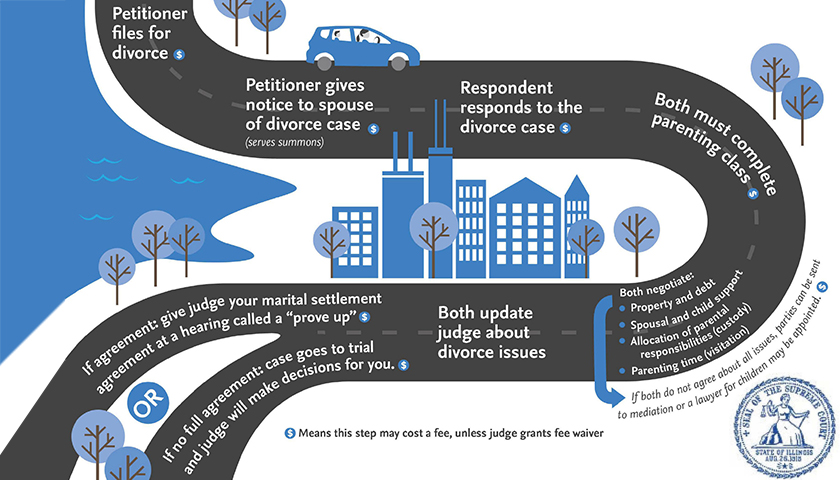From purchasing a car or investing in a forever home to opening joint bank accounts and operating a small business, there are countless financial decisions that can arise over the course of a marriage. When two individuals decide to seek a divorce, such property must be divided, giving rise to challenging asset division issues.
As a marital asset attorney with decades of experience assisting clients in Rockford and the surrounding communities, including (but not limited to) Davis, Byron, Roscoe, Crystal Lake, and Freeport, I am poised to handle high-asset divorces and complex financial issues. If you are considering a divorce or are in the midst of a separation, I invite you to call my office to schedule a free consultation to learn how I and my Rockford divorce law firm can assist in your property division matter. I also encourage you to read the following frequently asked questions to learn how marital and non-marital property are divided in Illinois.






